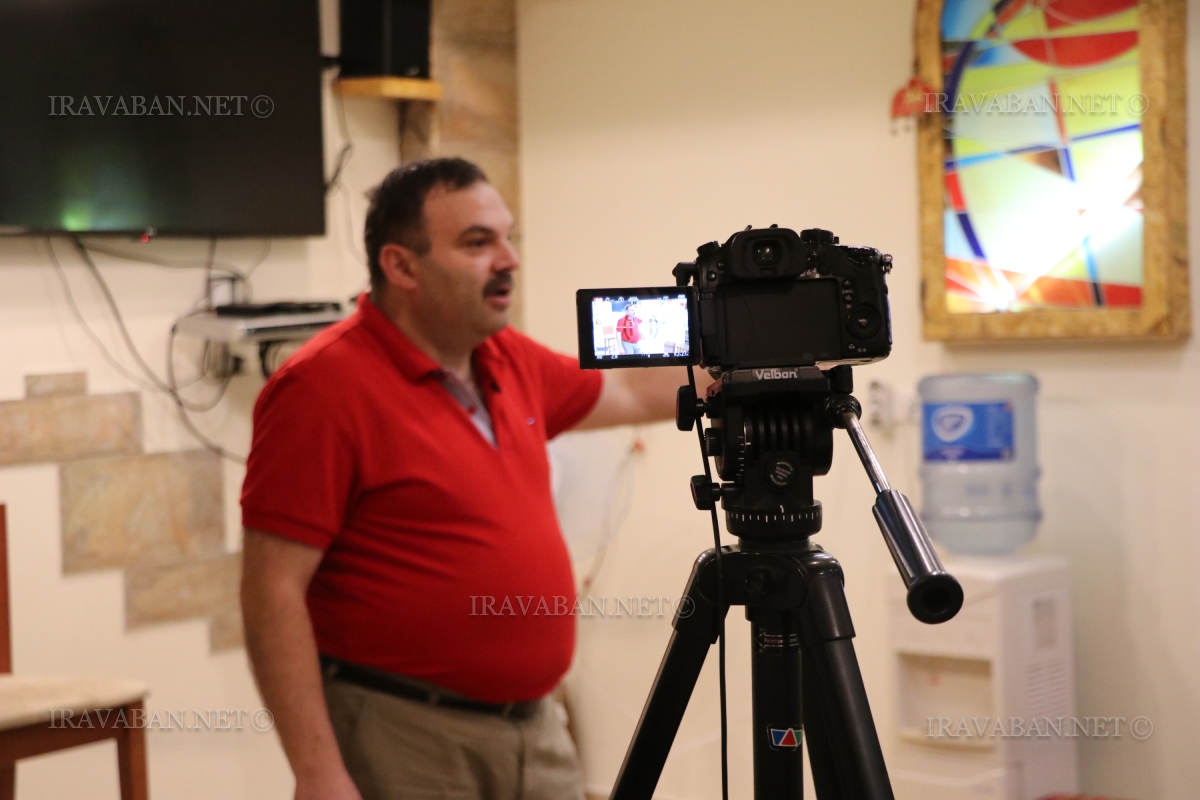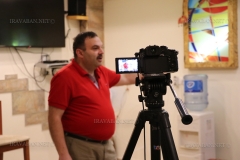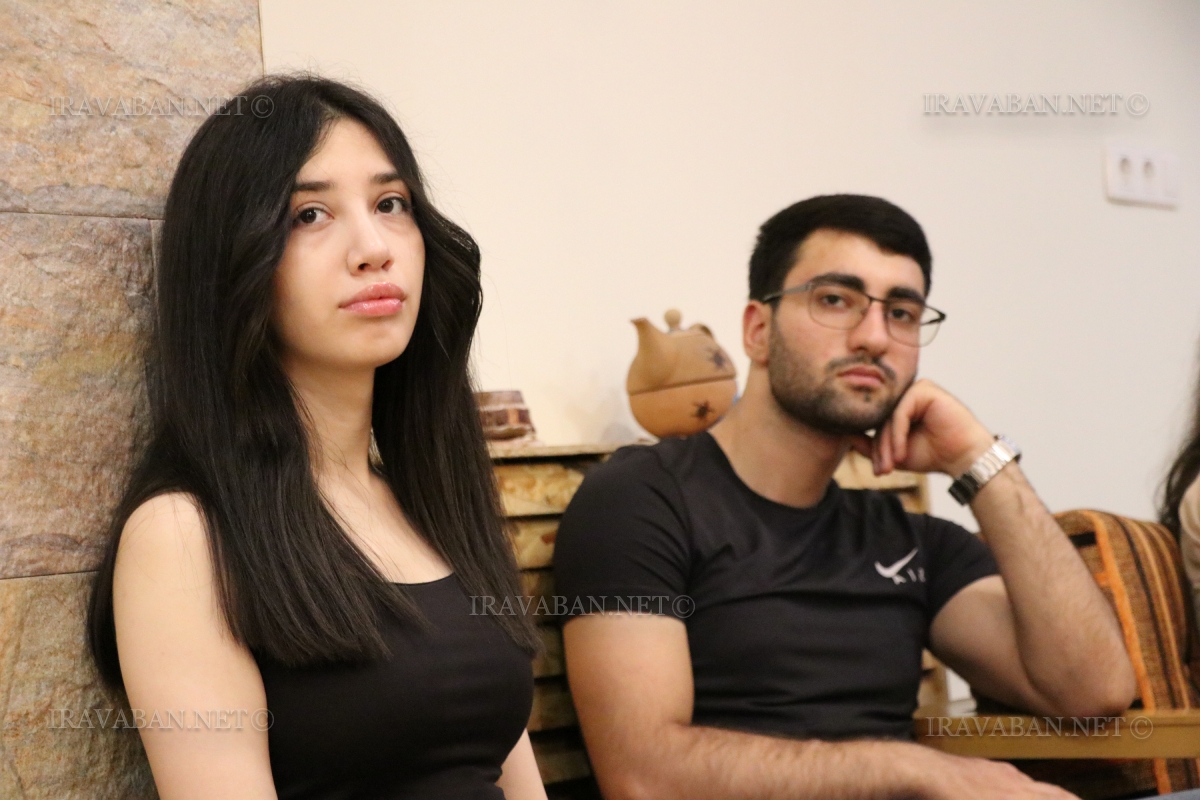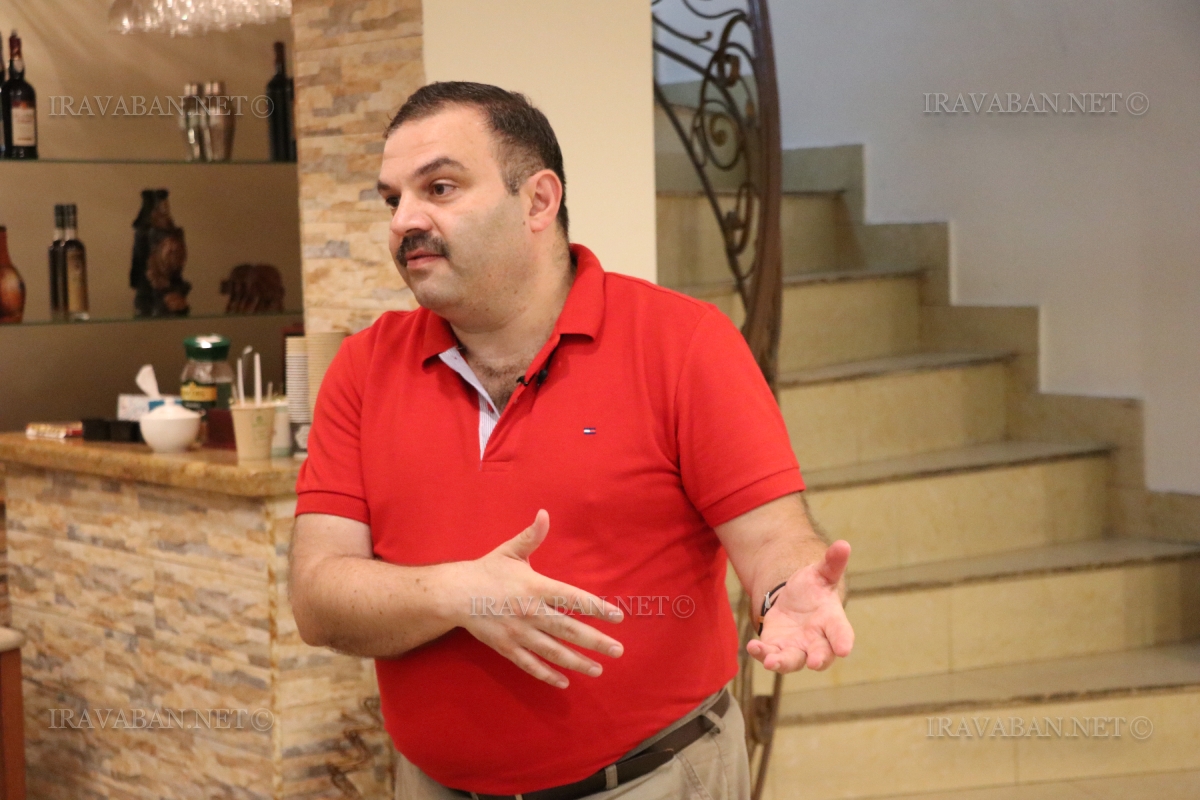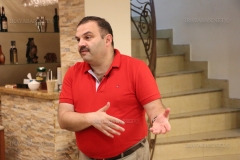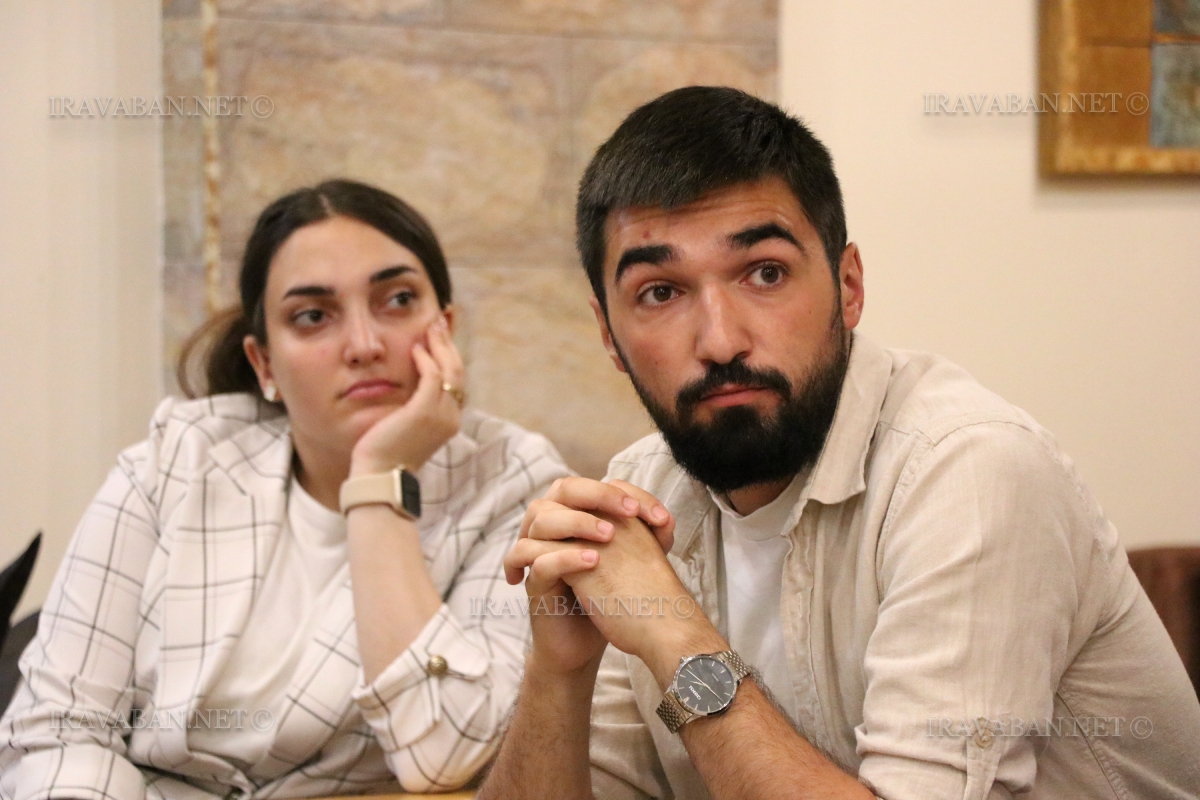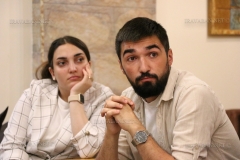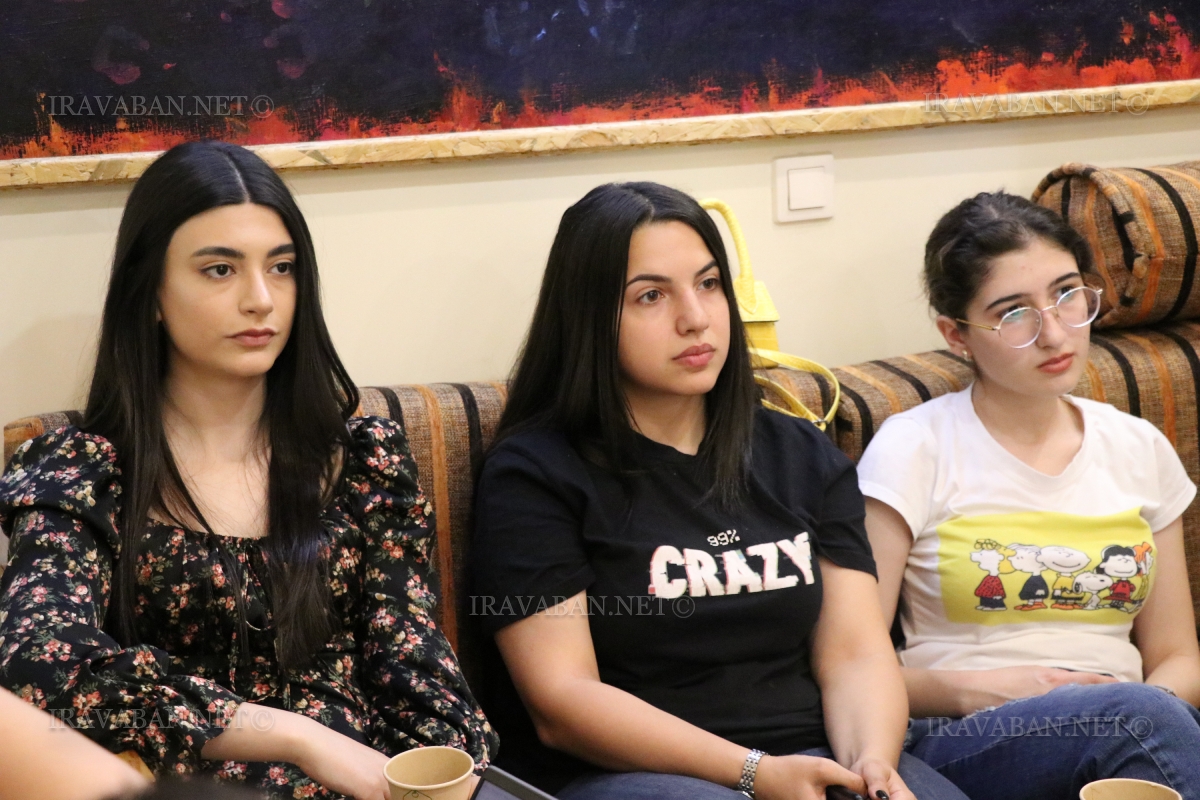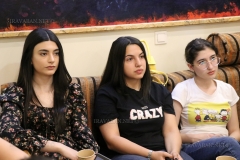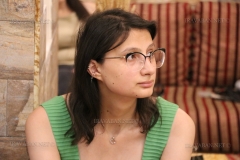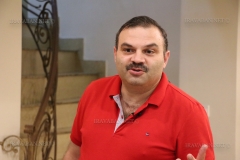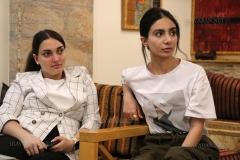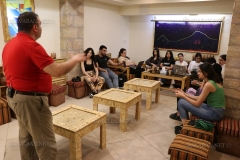Anti-Corruption Education just from Kindergarten: Students had a discussion on the issue at the Anti-Corruption School for Young Leaders
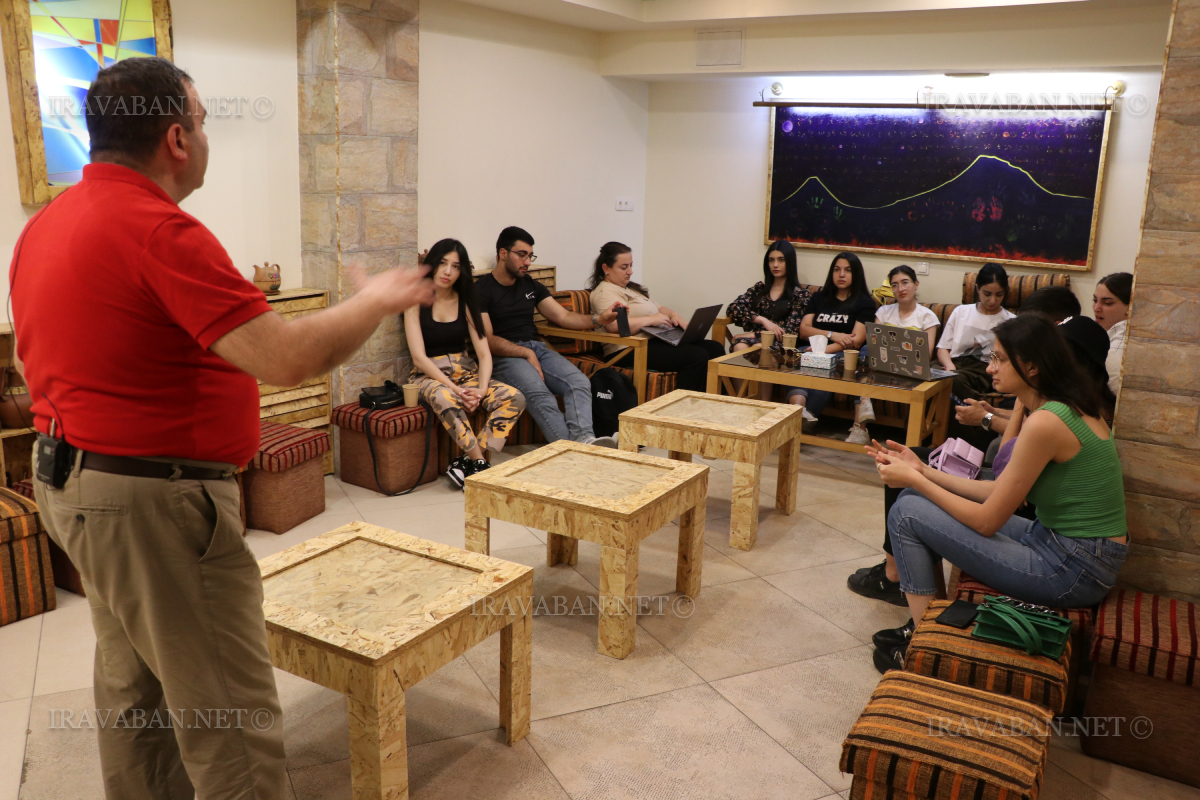
On 19 July, the students of the 9th stream of the Anti-Corruption School for Young Leaders, the 1st anti-corruption professional educational initiative operating in the Republic of Armenia, discussed the topic of Anti-Corruption Education. Anti-Corruption Expert, Lawyer Mr. Marat Atovmyan presented the topic.
He highlighted the importance of anti-corruption education, and teaching it just from kindergartens and told about his experience in the field. Marat Atovmyan told how this idea was accepted years ago in various departments, what kind of negative reaction there was.
“Given the age of the child, it is necessary to explain what corruption is in an accessible way, without terms, without even using the word “corruption”. There is no need to invent a bicycle here, there is a successful international experience that offers excellent forms of anti-corruption education in kindergartens,” the expert noted.
According to him, this can be organized through performances, theater, painting contests, attracting the attention of children, so that they can develop the image of an honest citizen.
Heghine Asulyan, one of the students of the school, was interested whether the image of an honest citizen should be formed first in the family and then in educational centers? Marat Atovmyan agreed that it should start in the family but at the same time noticed that parenting’ skills in society are at a very low level.
The expert emphasized that in order to have a society free from corruption and various crimes, it is necessary to form a value system among citizens from the young age.
“For example, in Austria, there are ethnic groups that steal bicycles and then sell them at much cheaper prices. But almost no Austrians buy stolen bikes, they buy the bicycles from a shop that is several times more expensive. The Austrian was taught from an early age that stealing is a bad thing. It has been said that if you buy stolen goods, you are contributing to the theft. There is the economic law of supply and demand. If a person knows that he has a consumer who will buy the stolen item, he will continue to steal,” Marat Atovmyan said.
During the course, the work experience of the speaker in various state bodies, the position of the state in the field of anti-corruption education and the steps initiated in this direction were also discussed.
Notably, the training in the Anti-Corruption School for Young Leaders will be organized in the following phases:
- ONLINE TRAINING PHASE, during which the students will pass a basic anti-corruption course consisting of 25 topics through the school’s online anti-corruption training platform. Those students who have completed all the knowledge test questionnaires and received the appropriate points for completing the online training will be considered completed the online training phase.
- MASTER CLASS AND PRACTICAL SKILLS DEVELOPMENT PHASE, during which students who have successfully completed the advanced stage of school will be divided into groups and each group will conduct a study, monitoring or investigation on one of the in-depth anti-corruption topics. During this phase, the work will be organized in the form of group meetings, discussions, and meetings with representatives of the sectors and other relevant bodies and organizations. Attendees will learn a range of innovative tools and gain related skills. At this stage, mentoring for groups is planned.
- PUBLIC AWARENESS PHASE, during which students who have successfully completed the practical skills development phase of the school will have the opportunity to disseminate their anti-corruption knowledge among young people through public awareness seminars.
- ADVANCED TRAINING PHASE, during which the best 15-20 participants who have achieved high results in the online training phase of the school, successfully completed the in-depth interview phase and are selected, will participate in the outreach (out of Yerevan) in-depth anti-corruption training. The in-depth training phase of the school will consist of the modules: “Anti-Corruption Advanced Training” and “Pillars of National Identity”.
- FINAL PHASE, during which the students, who have successfully completed the practical skills development and public awareness stages of the school, will present their research and public awareness results to the reputable jury and the public.
Students who have passed and successfully graduated from all five phases of the School will be awarded GRADUATION CERTIFICATES of Anti-Corruption School for Young Leaders.
“The Armenian Lawyers’ Association” NGO is organizing the Anti-Corruption School for Young Leaders in cooperation with the CSO Anti-Corruption Coalition of Armenia.
The information partner of the Anti-Corruption School for Young Leaders is Iravaban.net, independent professional news website.

